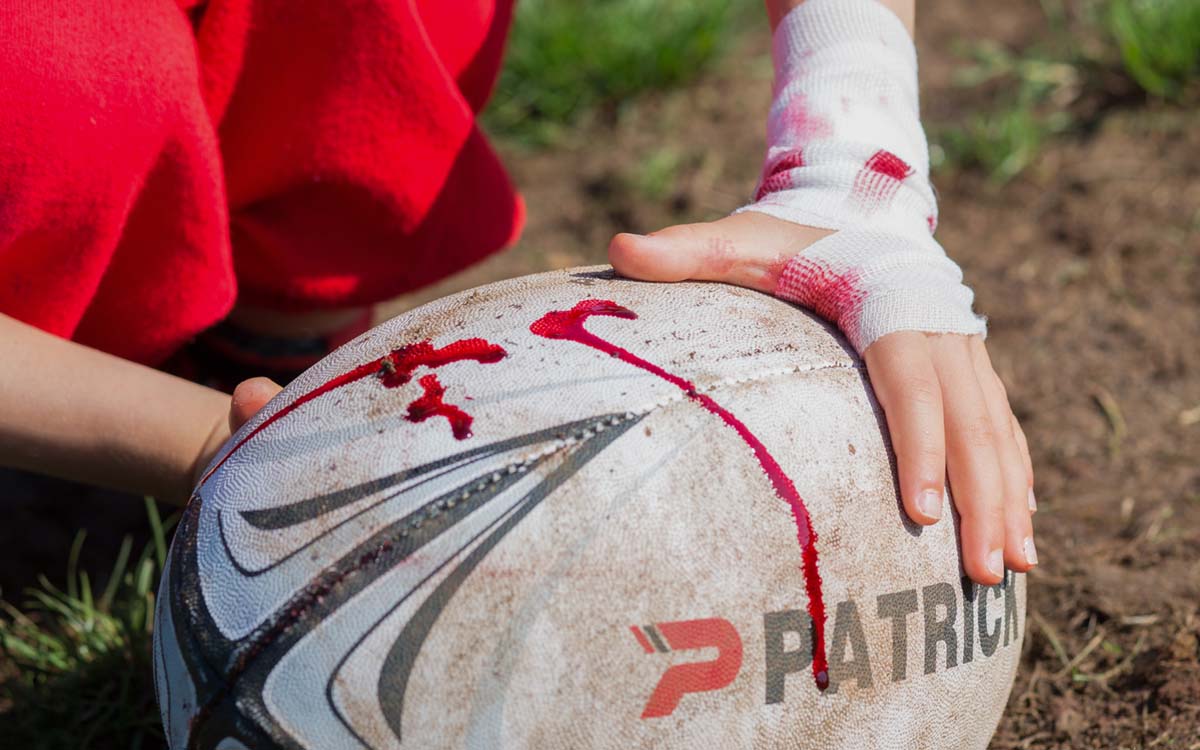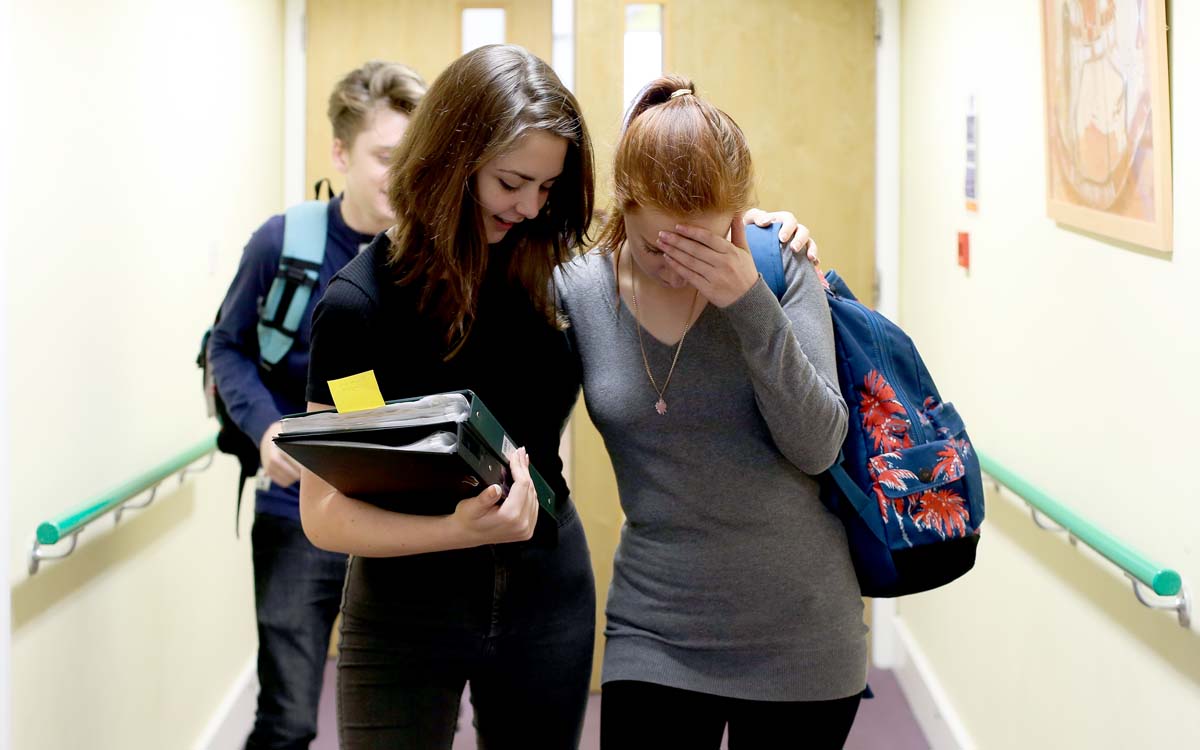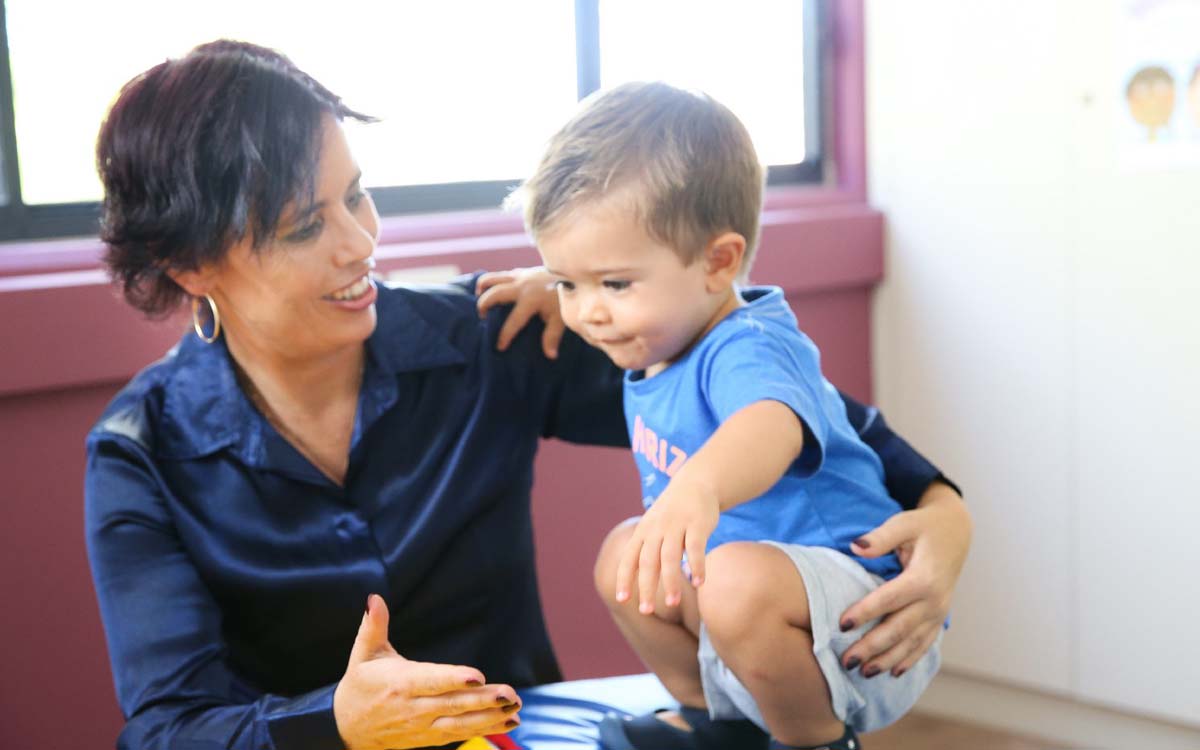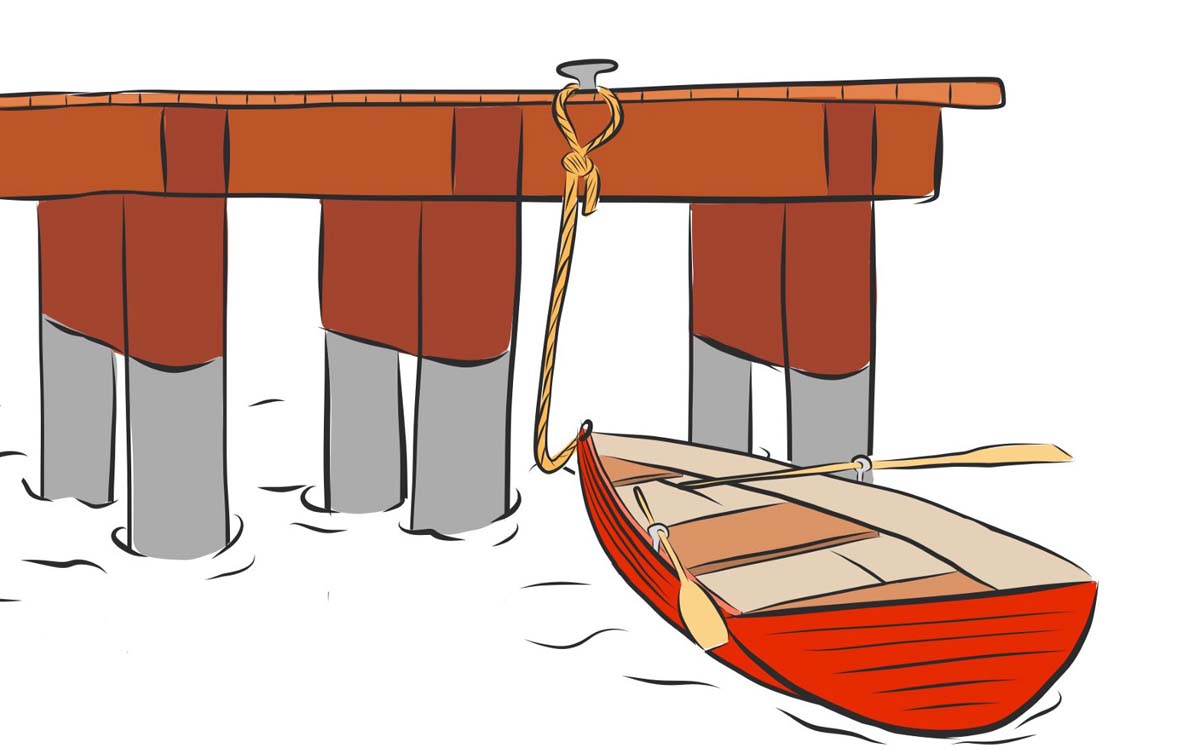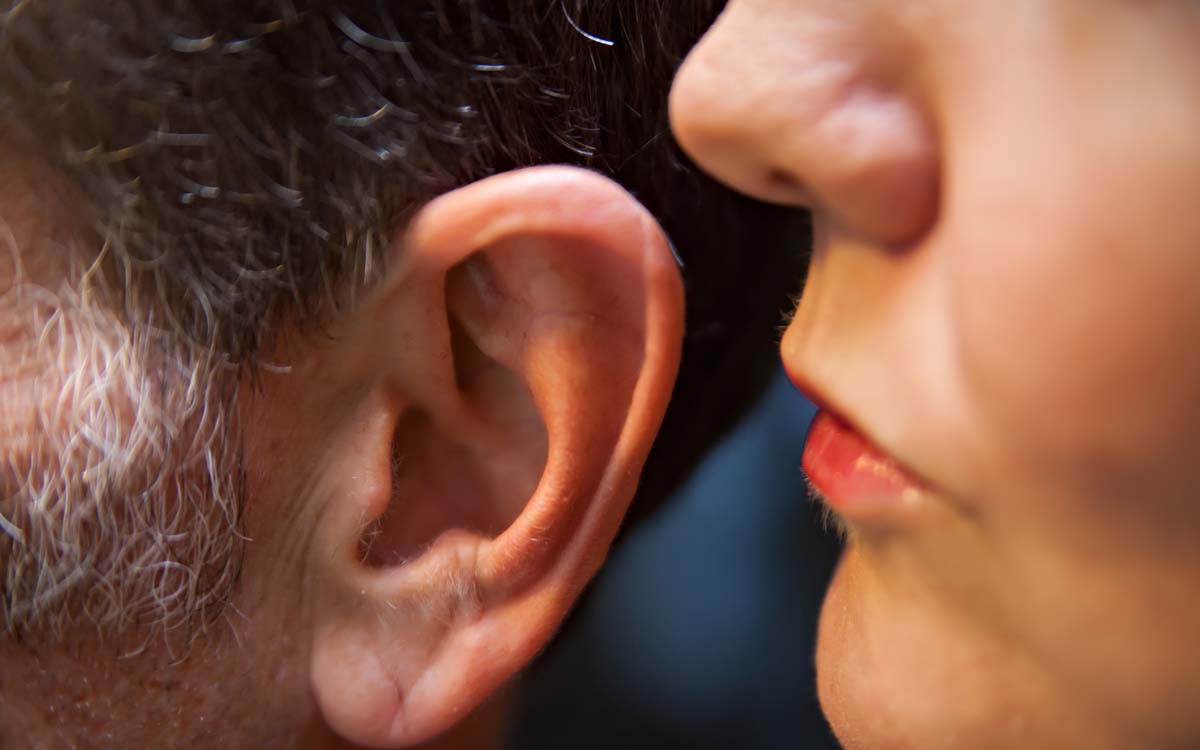Our Australian culture is very much sports-orientated. It’s a culture that can start from the day a baby is born and is often carried throughout their life. But how far is too far when it comes to promoting a sports-oriented culture within your home?
The culture of sport may begin when a baby is given a fluffy football, a tutu or a team-related item of clothing. From an early age, parents are attending sign-up days for soccer, tee-ball, netball, football etc. while attending training sessions on weekdays and weekends. It’s easy to see how sport can soon become a part of our every day.
We are often told how healthy sport is for our kids and yet, as a behaviour specialist, I see the tears, meltdowns, tantrums, conflict etc. that appear to stem from sports. Society encourages in every way for us to enroll our kids in sport — so why the tears, tantrums and anxiety? We need to ask the question: Is sport healing or harming for our children?
Sport comes with physical activity that, without a doubt, can have some benefits to support the physical body. But sport also comes with so much more than the physical exercise — sport also presents many life lessons. Life in general is filled with many life-lessons. Sometimes we feel like we have the skills to respond to the lessons presented and other times these lessons feel challenging, overwhelming and are often the triggers to unwanted or non-preferred behaviours.
So, yes, sport has many enjoyable aspects but also presents many challenges, lessons and opportunities to learn.
Some life lessons that sports participators are going to be presented with — all potential triggers to unwanted behaviours — are areas where skills may require teaching in children.
For example, sports players may require the skills to respond to:
- Competition and competitiveness from other players, parents and coaches
- Losing a game
- Winning a game
- People saying they are better than your child
- Your child feeling like they’re not as good as others
- Making mistakes
- People shouting lots of instructions
- People cheating
- People just yelling
- Not knowing how to do something
- Rough play for a naturally tender body
- Feeling hurt yet being told to “toughen up”
- Seeing other people hurt and expressing sadness, anger and frustration
- Expectations that counter, while your child plays sport, the fact that they might actually prefer music, art, drama or another activity
However, one of the biggest challenges around sport is the separation between people that sport creates. Innately, every person in the world is equal. However, every game can lead to the subscription that we are ‘better if we win’ and ‘lesser if we lose’.
When sport is about building friendships, teamwork, supporting other people, appreciating all people’s strengths and weaknesses, respecting and caring for the physical body and embracing all people as an equal, no matter the performance outcome, then participating in sport may be supportive.
Anything else will be harming and contribute to anxiety, unwanted behaviours and feelings of low self-worth. This is a recipe for long-term damage to a person’s overall wellbeing.
Make sure you choose your approach to sport wisely.
This article and accompanying image were originally published in the March 2016 Edition of Haven Magazine.
